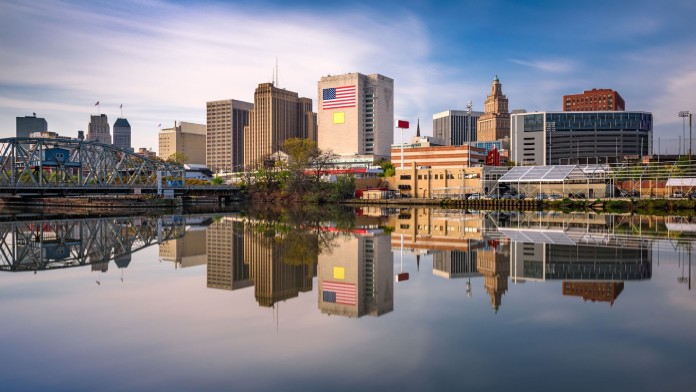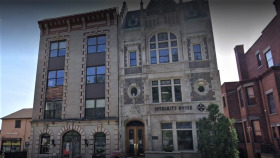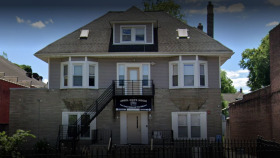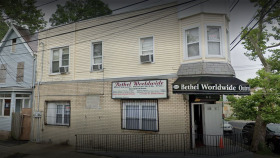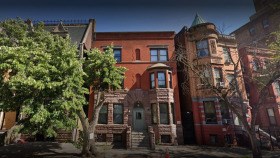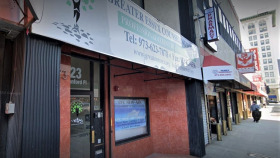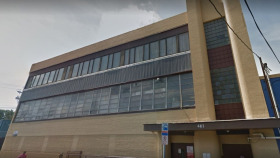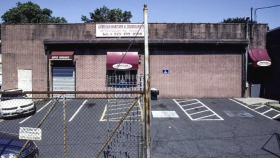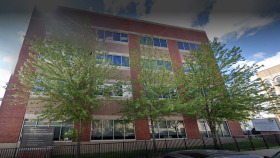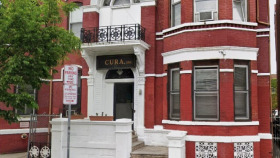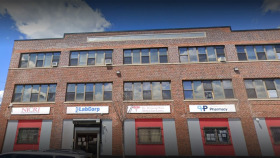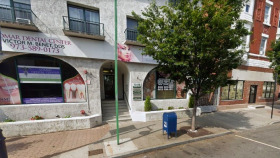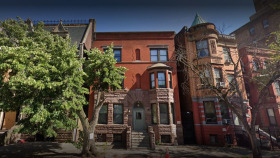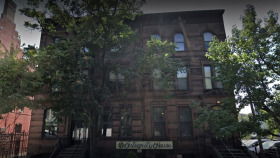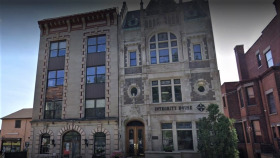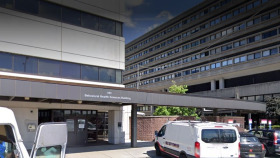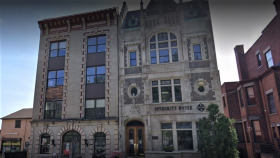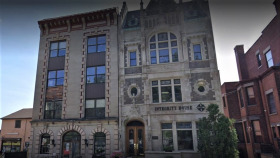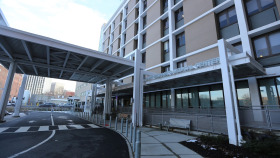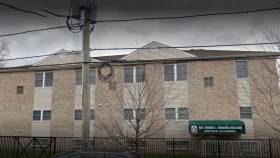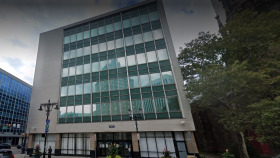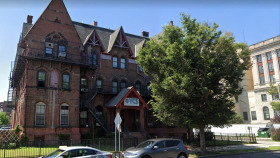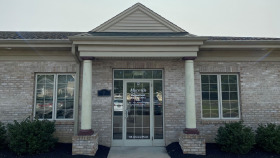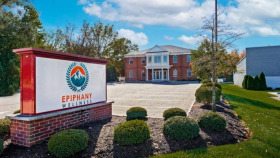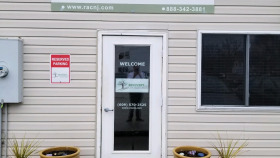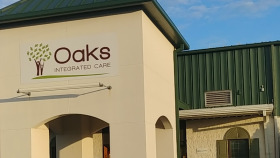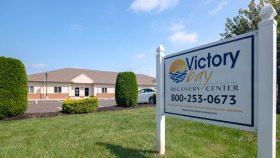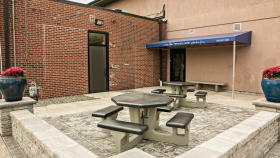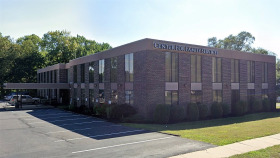Expert Insights
More than 3,000 people died of drug overdoses last year in New Jersey, and those numbers keep rising despite the state’s efforts to curb them. And there is a troubling new trend taking shape among those overdose statistics: opioids are now taking a deadly toll on African-Americans and overdose fatalities in the community have exploded. In New Jersey, Black residents are now more likely to die of opioid-related overdoses than white residents. That’s a total reversal of the traditional “face of the opioid epidemic,” which has been disproportionately white until recently. We must do more to understand why the African-American community is now the demographic at most risk, and we must do more to put an end to these senseless deaths.
~ Rita Milios
How Expensive is Drug Rehab in Newark?
The cost of care depends on many factors, such as how you’ll be paying for it and where you choose to go. The cost of meals, transportation, medication, and therapy needs to be considered in your budget.
There are several financing options you can explore if you need help paying for alcohol or drug rehab in Newark, such as looking for a low-income facility or one that offers payment plans.
How Does Newark Compare in Alcohol and Drug Use?
Newark is a thriving city on the eastern seaboard with art, museums, and natural attractions for residents to enjoy. There has been a rise in substance abuse and resulting damage to this New Jersey community in recent years, as with most places in the U.S. and around the globe. If you’re among the many people impacted by addiction, know that there is help within reach. In fact, there are more than 450 accredited alcohol and drug rehab centers in Newark and the surrounding area that can help put you on the path to recovery.
Newark is in Essex County, NJ. According to the CDC and community health assessments, it’s clear to see the impact of addiction on Newark and the broader community:

Between 2018 and 2020, drug overdose deaths rose by 7% in Essex County, reaching a total of 290 deaths from drug use at the end of 2020
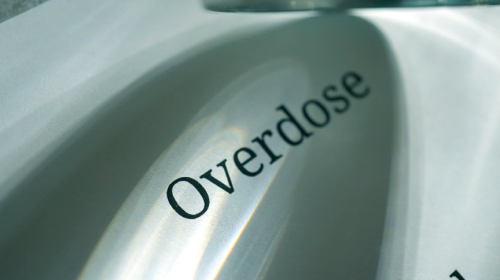
Alcohol overdose deaths rose 85% at the same time
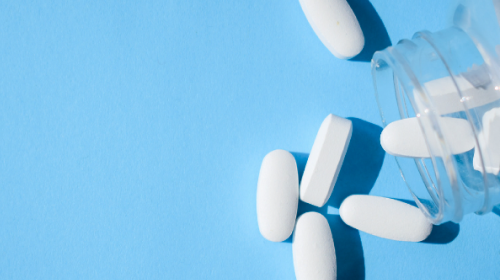
Opiate use causes most of the drug rehab admissions in the county at 44%, followed by alcohol at 23%

55% of people responding to community health surveys state that fear of judgment prevented them from seeking treatment
If you are struggling with addiction, you aren’t alone, and there are organizations to help you in Newark, Essex County, and across the country.
Drug and Alcohol Laws in Newark
In response to the growing opioid epidemic, New Jersey has enacted various laws and policies to help citizens access overdose reversal medication, substance use treatment, and drug education.
New Jersey Good Samaritan Law: New Jersey’s Overdose Prevention Act provides protection from criminal prosecution for New Jersey residents who report or seek help for suspected overdose on illegal drugs. The law encourages people to call 911 immediately without fear of legal repercussions.
Recovery Courts: Low-level offenders with qualifying criminal histories can participate in rehab instead of going to jail with this New Jersey program. The program lasts for two years and includes ongoing drug testing, probation, and treatment for substance use disorder. Your public defender or attorney will be able to tell you if you qualify for recovery court programs and how to proceed.
New Jersey Paid Leave Laws: The state has a Temporary Disability Insurance program to provide paid leave for people experiencing medical needs. Applicants qualify by working enough hours and making contributions from their paychecks to the program, and self-employed workers can contribute to the program to participate. This program can be used in conjunction with the New Jersey Family Leave laws that enable workers to take a 12-week leave every two years to seek medical treatment.
Overdose Prevention Act: The New Jersey Overdose Prevention Act is a type of Good Samaritan law that protects people who report overdoses if they have or have been using drugs. This is to encourage people to call for emergency services if they witness or experience an overdose, even if they have been participating in illegal drug use or are carrying drugs or paraphernalia.
Don’t give up hope if you’ve succumbed to addiction. There are people who can help pull you out of it. Call
800-681-1058
(Sponsored)
today to get help finding drug and alcohol rehab centers in Newark.
Resources
- Center for Disease Control. (2022). CDCWonder.
- State of New Jersey. (2021). Essex County Needs Assessment Report 2020
- Substance Abuse and Mental Health Services Administration. (2022). Medication-Assisted Treatment.
- State of New Jersey. (July 2, 2021). Governor Murphy Signs Legislative Package to Address New Jersey’s Opioid Epidemic.
- New Jersey Department of Workforce and Development. (2022). Temporary Disability Insurance.

